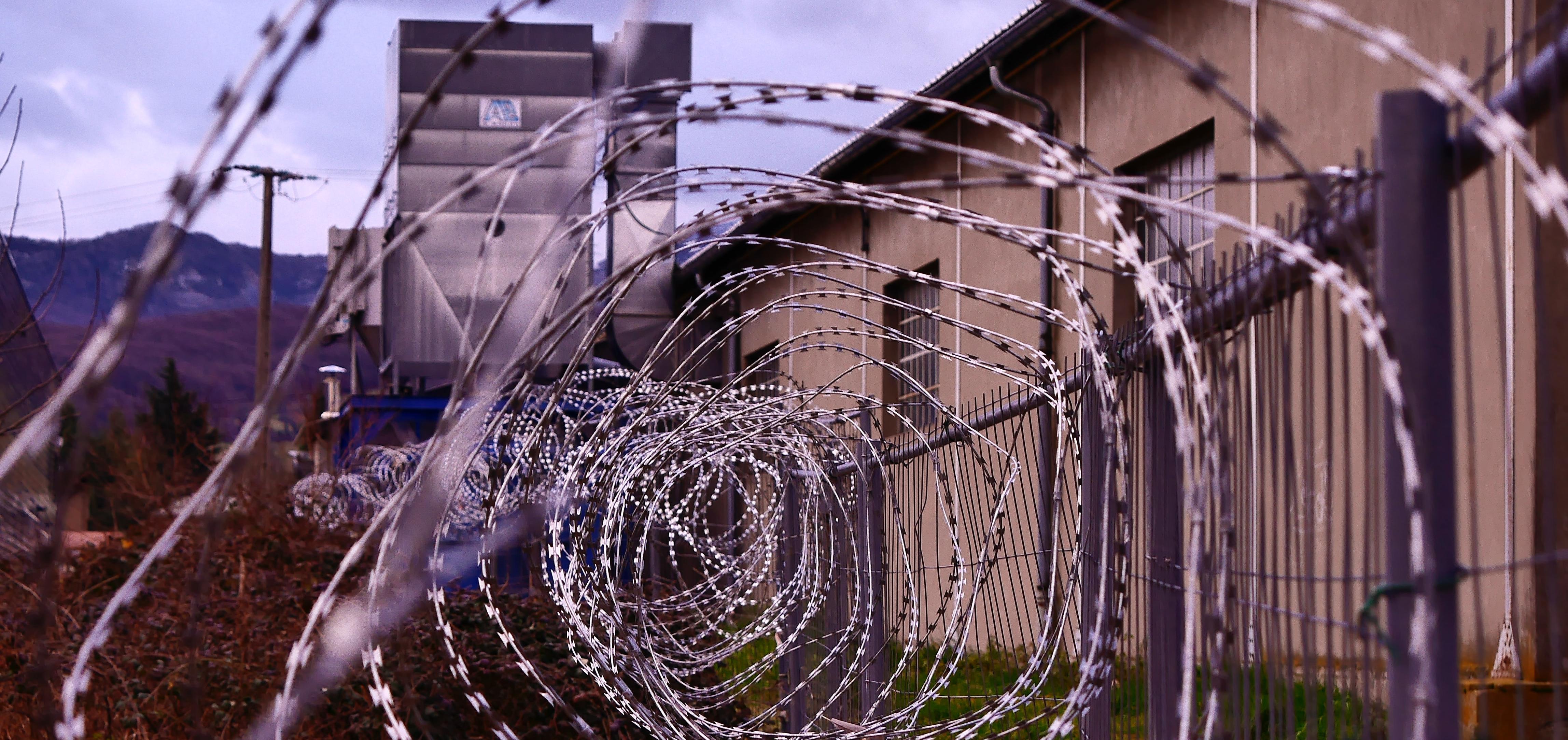
WHO/Europe Shows High Rates of COVID-19 Vaccination in Prisons
Prisons need to be a priority for vaccination roll-out. New data from the WHO Health in Prisons European Database (HIPED) shows that COVID-19 vaccination of people living and working in prisons is increasing. For example, in Spain, 100% of healthcare workers in prisons are vaccinated against COVID-19.
However, there is still a long way to go to full vaccination coverage in detention facilities. “It is encouraging to see that COVID-19 vaccination rates in prisons are increasing,” said Dr Hans Henri P. Kluge, WHO Regional Director for Europe. “Detention facilities have always been vulnerable in the face of epidemics and infections. So, when protecting people living and working in prisons, Member States are wisely ensuring that health protection leaves no one behind.”
Dr Kluge added, “For prisons that have seen the virus spread faster, as well as some severe complications, it is especially important to share and discuss the latest data on virus prevention. By surveilling the infection rates and vaccination coverage, among other indicators, countries can effectively adjust their policies and assign resources to what is most needed.”
Vaccination in prisons: latest data from countries
The WHO HIPED database is a tool that helps countries and prison authorities gather and share information that is crucial for addressing the current pandemic. Today, it gathers data from 42 countries in the Region. The following are examples of HIPED highlights.
- In Spain, more than 84% of prisoners are fully vaccinated against COVID-19 and another 13% have received their first dose.
- In Poland, 74% of prisoners have been vaccinated with at least one dose.
- In Finland, Ireland and Sweden, vaccination coverage among prisoners was reported as 34.4%, 43.7% and 59.1%, respectively.
“Some countries, for example, Spain, Poland and Ireland, have reported high levels of COVID-19 vaccination rates in prisons,” explains Dr Carina Ferreira-Borges, Acting Head of the WHO European Office for the Prevention and Control of Noncommunicable Diseases (NCD Office). “This shows that the ministries responsible for health in prisons, in collaboration with prison administrations, are conscious of the higher vulnerability of people in prisons and were able to quickly react to translate theory into practice, deploying the necessary resources to ensure access to important public health interventions, like vaccination. But there are still some regions where prisons are not included in national COVID-19 vaccination plans.”
Data from detention facilities: ways for improvement
“There are countries where health care in the general population is fully digital and integrated, but prisons are mostly excluded from this digital environment,” said Dr Filipa Costa, health policy specialist working for the Alcohol, Illicit Drugs and Prison Health Programme at the WHO NCD Office.
“Information is key to develop evidence-based policies. So, it is really important for the whole WHO European Region to develop a comprehensive health information system for prisons that will bring prison health into the public health domain.”
The HIPED database, recently recognized as the United Nations hub for health information in prisons, gathers information mainly through a survey voluntarily answered by Member States. Through this framework WHO gets statistics on prison population, and useful indicators to monitor the health status and performance of prison systems, including information on the prison environment, health behaviours of people in detention, services delivered and health outcomes. The system is also set to capture adherence to the principles of equality and other international standards to ensure that people detained are not deprived of their health as well as their liberty.